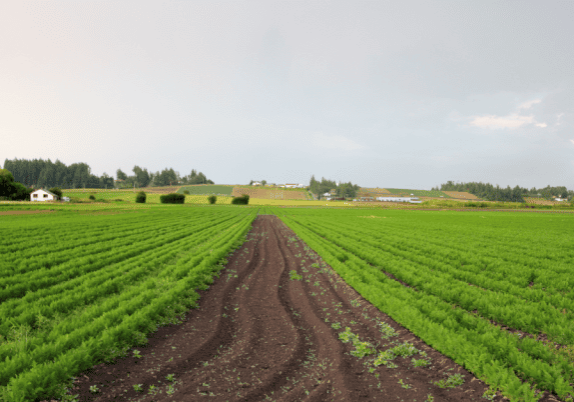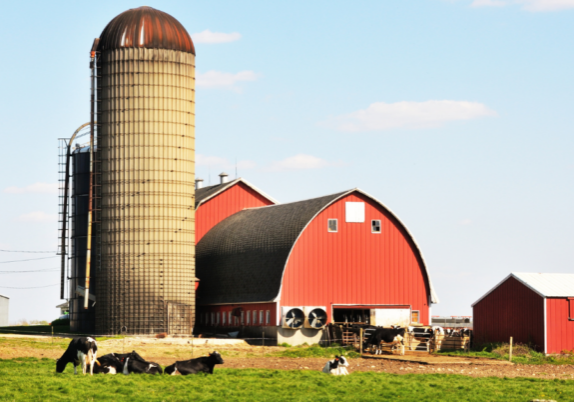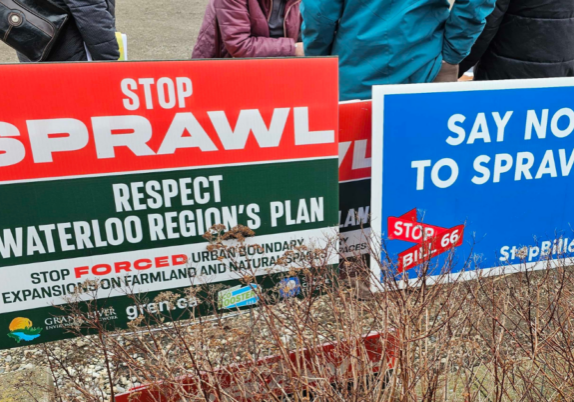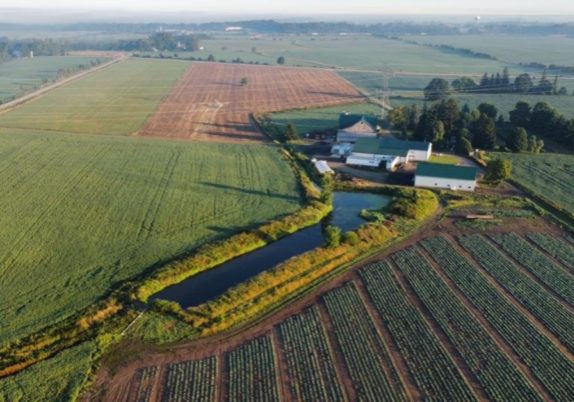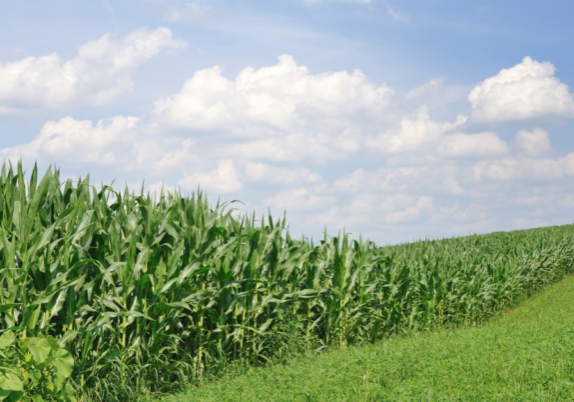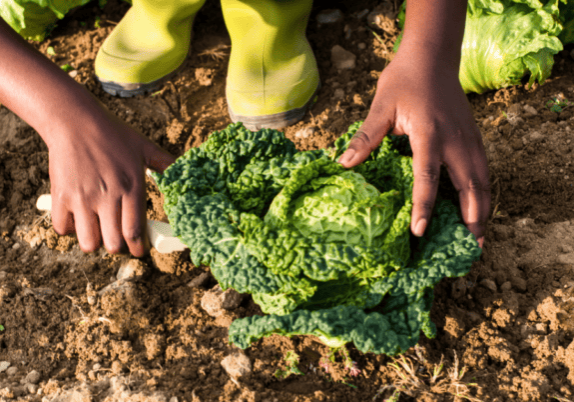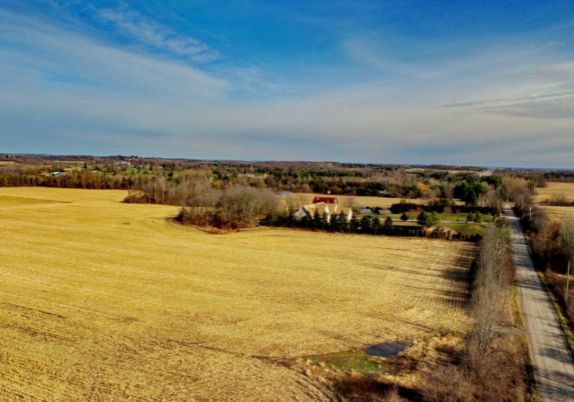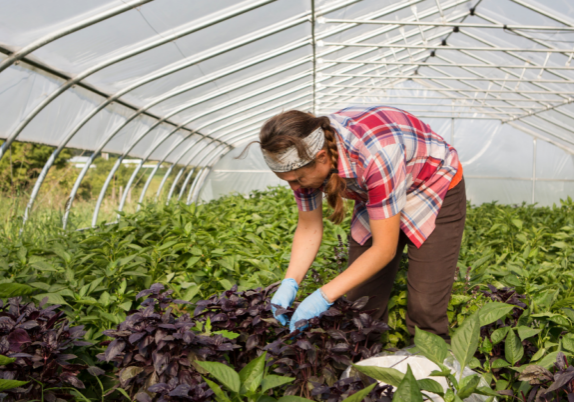Bill 132: Better for People, Smarter for Business Act, 2019

The National Farmers Union – Ontario is an accredited general farm organization. We believe that agriculture should be economically, socially, and environmentally sustainable. Our organization works toward the development of economic and social policies that will maintain family farms as the primary food producers in Ontario and across Canada.
As a long-time stakeholder who represents thousands of family farms across Ontario, the NFU-O appreciates the ability to comment on Bill 132. We are specifically focusing on the Line Fences Repeal Act, the Pesticides Management Act, and the and the Aggregate Resources Act.
Line Fences Act repeal
The NFU-O opposes the repeal of the Line Fences Act. The current Act serves as an overall mechanism that ensures impartial and equitable treatment across the province as well as being efficient and cost-effective. The repeal of this act could leave farmers in the lurch and impose increased bureaucracy as each municipality creates its own standards.
Recommendation: Remove Schedule 2 from Bill 132.
Aggregate Resources Act
The most important resource for family farms is access to land – land which has the potential to produce food for the people of Ontario. Every year in Ontario, farmland is lost to industrial and urban developments, including aggregate extraction. This loss of farmland through the extraction of aggregates leads to the loss of opportunities for family farms to produce food for the present and future generations.
As noted in our submission under the Provincial Policy Statement review, there is still an assumption that aggregate extraction can be an ‘interim use’ of land and that once the aggregate is removed the land can be rehabilitated back to the same agricultural condition. Farmers, who work land on a daily basis, know this is simply not true. The aggregates under the soil contribute to the ‘soil capability’ of the specific piece of land and increase the value of the land for growing crops.
As well, there is no fixed term to aggregates licences. They are open-ended with limited to enforcement of regulations, so that pits and quarries typically remain open for decades. Consequently, rehabilitation may not occur for many years if it ever occurs. The loss of food-producing lands and natural heritage features is long-term, if not permanent.
The science of rehabilitation is far from perfect. Removing huge quantities of rock and gravel results in permanent changes to hydrology and soils, and thus to the conditions which support particular crops and plant and animal life. Humans are simply unable to fully recover the agricultural and biodiversity values and ecological functions that are lost when aggregates extraction proceeds.
Rehabilitation must not be used to justify aggregates extraction in prime farmland and significant natural features. It is truly disingenuous to term aggregates extraction an ‘interim usage.’
Along with other farm organizations, including the Christian Farmers Federation of Ontario and the Ontario Farmland Trust, we continue to argue that rehabilitation does not and cannot return farmland to its original production levels or capacity.
Recommendations
Along with other farm and environmental organizations, we recommend the following:
– Farm organizations, not just the aggregate industry, must be involved in consultations and summits regarding proposed changes to the ARA.
– Agriculture Impact Assessments (AIA) that review the entire agriculture value chain should be required province-wide under the ARA whenever the Provincial Policy Statement requires or recommends rehabilitation back to an agricultural condition.
– AIAs should also be required for any aggregate operation proposed on any class of land next to prime agricultural land in order to assess, avoid, minimize, and mitigate impacts to neighbouring agricultural operations.
– The province must ensure protection of environment, groundwater, surface water, and agricultural resources for new licences plus any and all amendments to existing licences.
– AIAs must assess the impact of developments on both the quantity and the quality of agricultural lands of all classes.
– With respect to public consultation, we support Canadian Environmental Law Association’s recommendation that “The provincial government should immediately develop and consult Ontarians on appropriate ARA changes that decrease aggregate demand, strengthen MNRF powers to protect the environment, and improve rehabilitation rates through better enforcement, as described in the 2017 ECO report.”
– Municipalities must be allowed to set more stringent restrictions on aggregate removal in order to address local concerns and issues.
Pesticides Management Act
In 2015, when the issue of neonicotinoids was first coming to the forefront, the NFU-O recommended a moratorium until such time as independent scientific studies on the effects of neonicotinoids on honeybees, wild pollinators, and other species (including humans) could be completed with the results made public before any moratorium was lifted.
Since then, Health Canada’s Pesticide Management Regulatory Agency has done further investigation and reviewed all available studies on the three neonicotinoids sold in Canada, and has recommended a 5-year phase out for virtually all outdoor agricultural uses. This is due to the evidence of severe impacts on aquatic ecosystems and birds. (See https://science.sciencemag.org/content/365/6458/1177).
Prior to Ontario’s restrictions coming in, it was very difficult for farmers to consistently find untreated seed, forcing them to add neonicotinoids to their farm ecosystems even if they didn’t have a pest problem. The restrictions made it necessary for seed dealers to at least offer untreated seed.
Given the large public outcry against neonicotinoids and ongoing concerns of the public regarding pollinator health, we, as farmers, want to ensure that there are standards to adhere to that are enforced. Farmers cannot rely on self-monitoring to retain the public trust. Therefore, we do not support reducing the current requirements for testing fields for the need for neonicotinoid use or the reduction of oversight by the province.
Recommendations
– OMAFRA needs to provide more publicly funded extension services to assist farmers in assessing the need for treated seed.
– Information needs to be available to farmers on what alternatives are available if monitoring indicates low or no risk but pests are a problem after planting.
– Documentary proof should be easy for farmers to fill out, and they should have access to support by phone or in-person at no cost to help fill out documentary proof.
– Current field requirements for testing for the need for neonicotinoid use should not be reduced.
We trust that our recommendations will be duly considered and acted upon by the Ontario government as it continues to consider changes to current legislation.
